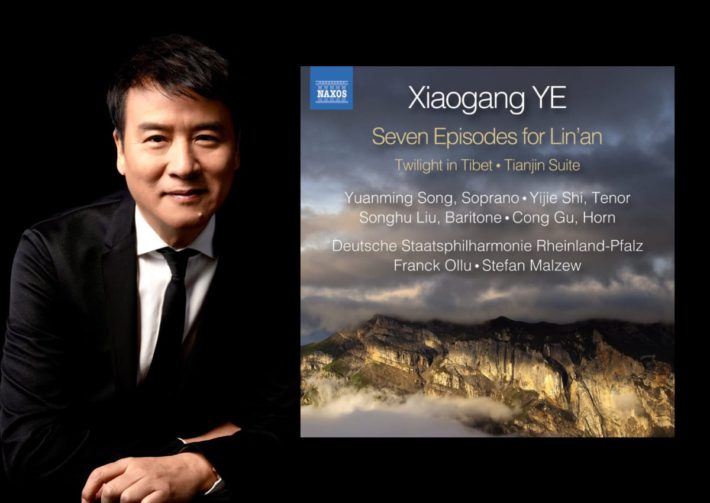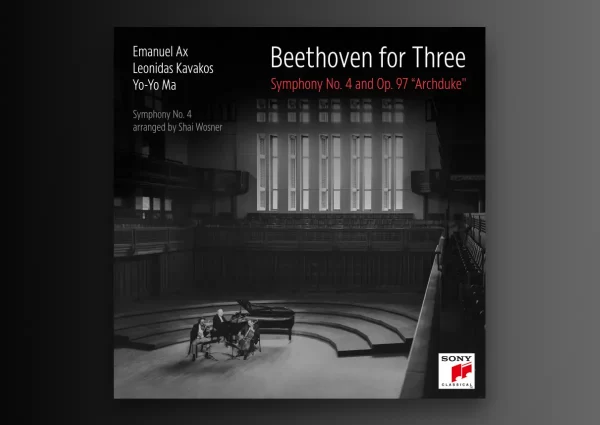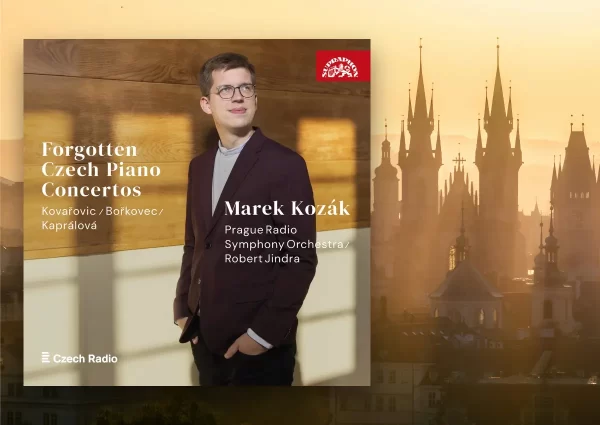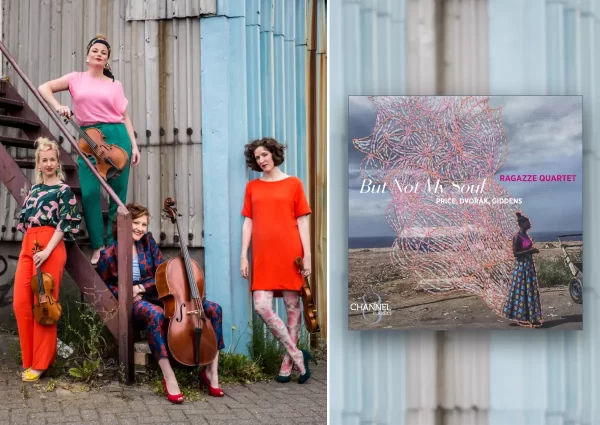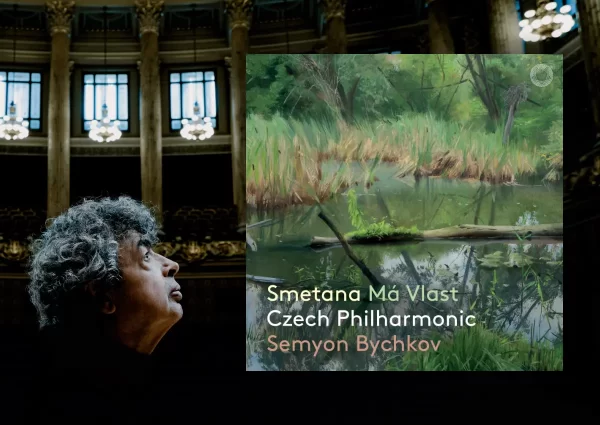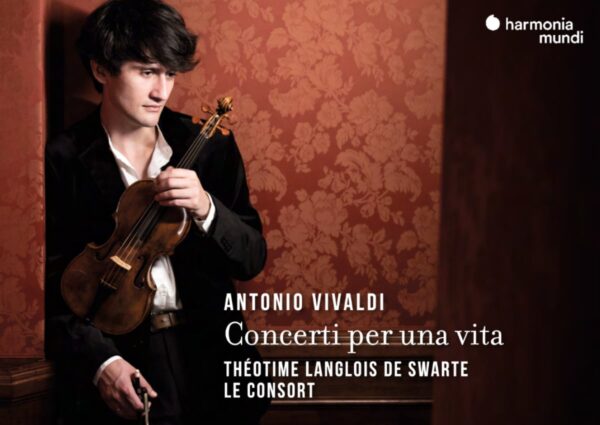As an established contemporary composer and a pedagogue, Ye Xiaogang (b. 1955) has a diverse musical output that spans genres including instrumental, opera, and even film music. His new album features three different commissions: Twilight in Tibet (2002) touches upon his interest in Tibetan culture; Seven Episodes for Lin’an (2011) derives its inspiration from ancient Chinese text; the Tianjin Suite (2015-16) takes us on a journey of a city with a vibrant culture and history.
Twilight in Tibet, which resembles a tone poem, plays upon a relationship between tension and release. While not fast-paced, its continual development comes from the manner in which Ye features different instruments and orchestrations along the way. The polytonal and dissonant conversation between the two winds in the opening segment resembles wafting birdsong or even the distant and alluring sound of a flute on an empty plain. Despite the translucent timbre, this introduction hints at a disquietude that prevails throughout. The entrance of the ensemble’s growling low tones at 3:11 confirms an overtly ominous character. Different aspects of tension continue to build, for instance, with Ye’s use of the marimba and xylophone just moments later; they introducing a crystalline yet still ghostly melody. One might find the true release at 6:01, with the horns’ arrival: their harmonically rich chords introduce both warmth and brightness.
Tenor Shi Yijie, the vocal soloist, only appears halfway through and in rather intermittent fashion going forward, but this heralds a shift into a more-action packed latter half. His voice for me personally is a bit on the nasal side but nevertheless carries well over the thicker instrumentation. We hear some programmatic elements in this second half as well, with col legno strings and dotted rhythmic patterns (9:42) that might call to mind galloping horses.
The Seven Episodes for Lin’an reflect similar touches of dissonance as Twilight in Tibet but also has a more cinematic feel. In Cherish the Memory of Jiangnan (track 2), Yijie’s timbre fits quite well, complementing the soaring musical character. Ye sets Picking Mulberries (track 4) to Xiu Ouyang’s idyllic description of a lake but adds a slightly darker notes of mystery. Soprano Song Yuanming’s performance adds an additional layer of translucence as well as a nostalgic dreaminess.
Related Posts
- Review: Aho – Double & Triple Concertos – Antwerp Symphony, Elts
- Review: “Journey Through a Century” – Sueye Park, Violin
- Review: George Walker – Five Piano Sonatas – Steven Beck, Piano
Stepping on Zhang Pavilion (track 6) recreates the textual reference to a “roar of thunder” with rumbling orchestral harmonies and a timpani. As in Twlight in Tibet, Ye favors the use of additional interesting percussion to create more dimensions: if one listens at 0:24, the faraway clacks call to mind the small crackles of thunder before an impending storm. The choice of a baritone here amplifies the work’s mood; Liu Songhu’s timbre, thick and robust, is well-matched to the ensemble’s textures. His performance also gives us a panoramic view, from which we can envision the poem’s description of the river, pavilion, and people.
The 4-part Tianjin Suite, as a purely orchestral composition, balances out the other vocal works. The instrumentalists evoke the pastoral optimism of Sunlight in Mt. Panshan (I), especially in the high point at 3:15 as well as the grand conclusion. Green Willows (II) for me is slightly reminiscent stylistically of Stravinsky’s ballets; the staccato textures offer a playful interchange when they appear in the winds but assume a strong rhythmic drive when the brass, strings, and piano take over. The Twlight at Beitang (III), calm and lyrical, offers a satisfying respite before the buoyant Wind from Dagu (IV) concludes the suite.
The descriptions of the works in the booklet are disappointingly scant and rather perfunctory, mentioning sources of commission and sprinkling in a few of Ye’s inspirations–not nearly enough, however, to give us informative context of especially the multi-movement pieces. Also frustrating is that the song texts and translations are not included; though listeners are provided with a weblink to access them, it would be nice to have everything in one place. The sound engineering generally balances the voice and orchestra well, though for some reason the tenor soloist sounded too far away on occasion.
Though Ye’s imagination is brought to life through solid performances, one may find more compelling contemporary works out there, maybe even a better representation of Ye’s unique work—though this depends much on personal taste. However, this album could still prove an interesting listen for the curious listener.

Ye Xiaogang – Seven Episodes for Lin’an
Song Yuanming – Soprano
Shi Yijie – Tenor
Liu Songhu – Baritone
Gu Cong – Horn
Deutsche Staatsphilharmonie Rheinland-Pfalz
Franck Ollu & Stefan Malcew – Conductors
Naxos, CD 8579088
Related Albums
Read more classical music reviews or visit The Classic Review Amazon store
Follow Us and Comment:
Get our periodic classical music newsletter with our recent reviews, news and beginners guides.
We respect your privacy.

